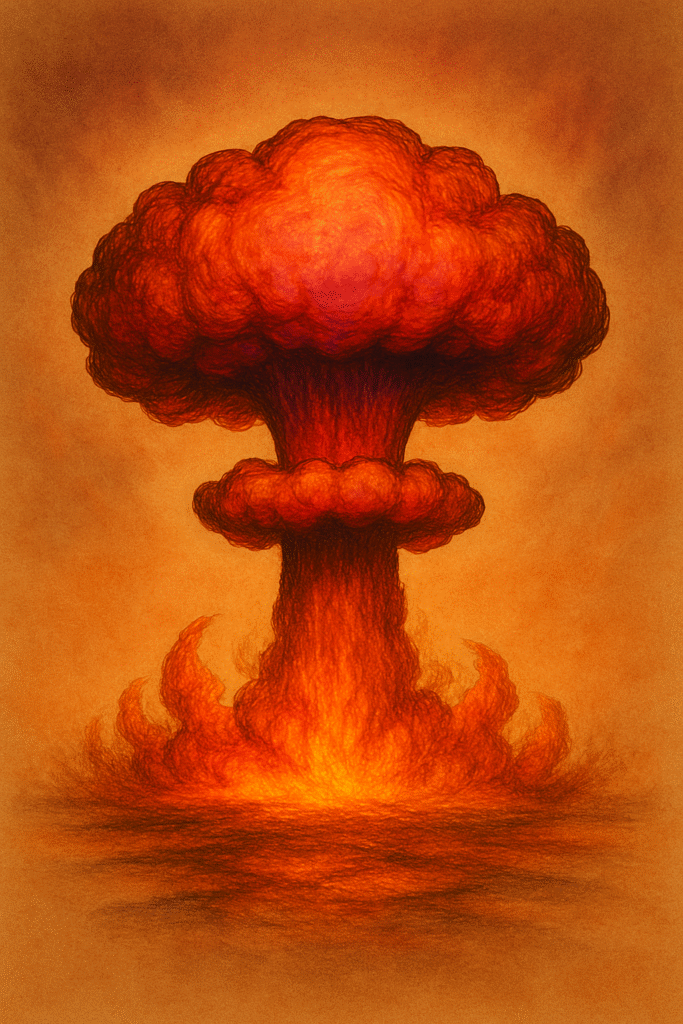Please take one minute to read my brief Apocalyptic Clarification before continuing.
This post will become a long and interesting read; however, for the sake of expediency, for now, I will refer you to my Facebook group discussion on the same topic. Search Facebook for the “Nuclear War Survival” group, where you will find hundreds of entries and comments with a lively discussion of the subject.
Here is a link to the group: https://www.facebook.com/groups/614918505196847
Watch for the 9-post series I will be starting very soon on this subject here on Close of the Age.
These are some of the things to consider when it comes to preparing to survive a nuclear war, and I will be addressing all of this and more in my 9-part series.

Critical Considerations for Surviving a Nuclear War
1. Understanding the Threat
- Types of nuclear emergencies: Strategic strikes, dirty bombs, power plant meltdowns
- Primary targets: Military bases, urban centers, refineries, nuclear facilities
- Radiation types: Gamma (penetrating), Alpha/Beta (dangerous if inhaled or ingested)
“The best way to survive a nuclear strike is simple: don’t be where the bombs hit.” — Survival World
2. Strategic Relocation
- Avoid living near high-value targets
- Consider temporary relocation during rising tensions
- Evaluate wind patterns and fallout zones
3. Immediate Response Protocol
- Recognize warning signs: sirens, bright flashes, emergency broadcasts
- Drop and cover: Face down, shield eyes and exposed skin
- Seek shelter immediately—first 24–48 hours are most dangerous
4. Shelter and Shielding
- Ideal: Underground bunker with packed earth or concrete
- Fallback: Basement fortified with dense materials (books, bricks, sandbags)
- Seal off ventilation to prevent radioactive dust infiltration
5. Survival Kit Essentials
- Food & Water: Minimum 2-week supply; 4 liters per person per day
- Radiation Protection: N95 masks, potassium iodide tablets, protective clothing
- Medical Supplies: Burn creams, bandages, basic meds
- Communication: Hand-crank radio, backup batteries
- Light & Heat: Torches, candles, matches
6. Long-Term Survival
- Water purification: Boiling, iodine tablets, filtration
- Barter economy: Stockpile tradable goods (batteries, meds, tools)
- Mental resilience: Isolation, grief, and uncertainty will test survivors
7. Spiritual and Ethical Reflection
- What values endure when civilization collapses?
- How do we preserve dignity, compassion, and hope?
- Can catastrophe become a crucible for transformation?
